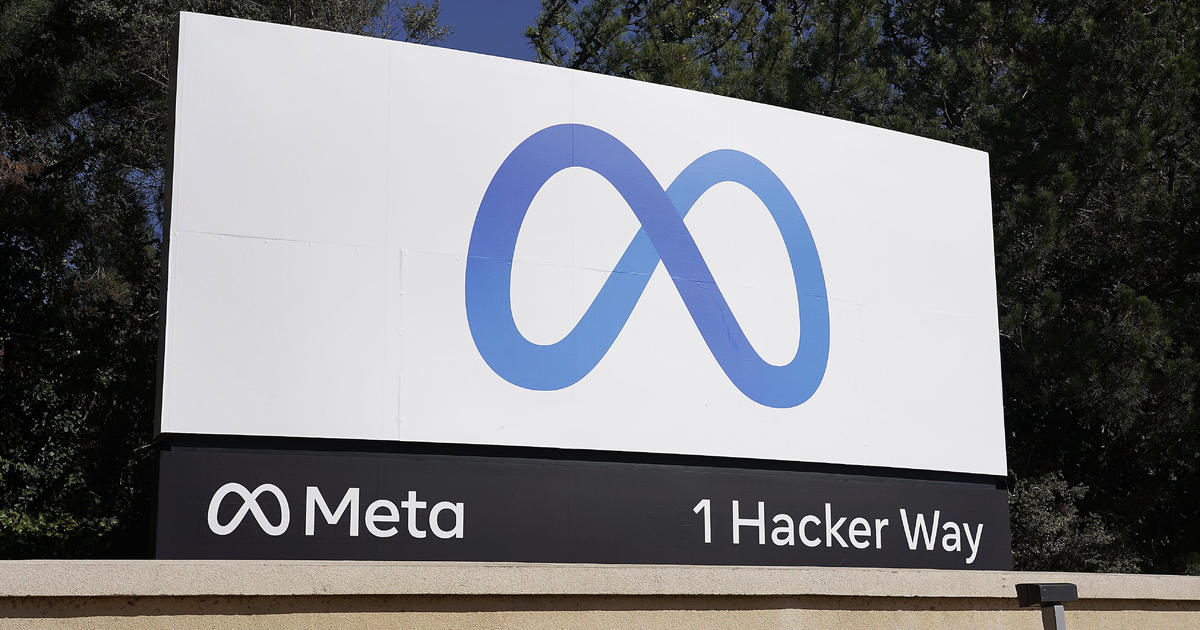Yahoo To Extend Time It Keeps User Data
SUNNYVALE (CBS/AP) -- Yahoo plans to extend the amount of time it retains records on what its users search for online, less than two and a half years after breaking from the other big Internet search engines and promising to delete such data promptly.
The new policy brings the company in line with Google Inc., which dominates the industry and failed to follow Yahoo Inc.'s lead when it shortened the amount of time that it keeps online search records to 90 days in most cases.
KCBS Technology Analyst Larry Magid:
Beginning this summer, after notifying customers, Yahoo will join Google in keeping search logs for 18 months.
Yahoo said it will consider keeping other types of information about its users for longer durations, too.
The company's announcement Friday comes amid mounting unease about the vast amounts of personal information that companies are scooping up online — including Internet search records, Web surfing habits, pages views and ad clicks. That information is used to personalize Web content and target online advertising.
But privacy watchdogs fear that as companies store this information, they are compiling vast databases that could become easy targets for government surveillance, identity theft and online scams — as well as marketing.
Government officials are starting to take note. The Commerce Department has called for a "privacy bill of rights" for Internet users, and the Federal Trade Commission has proposed a "Do Not Track" tool to let consumers stop or restrict advertisers from studying their online behavior to target ads. Several lawmakers have also introduced bills to set ground rules for companies that collect consumer data online.
In late 2008, Yahoo became the first major Internet search engine to commit to "anonymizing" a wide range of user data — including search logs — after 90 days in most cases. Microsoft Corp., which powers Yahoo's search results under a partnership reached last year, followed in early 2010 with its own pledge to anonymize search records after six months.
Yahoo anonymizes the data by stripping out portions of users' numeric Internet addresses, altering small tracking files known as "cookies" and deleting other potential personally identifiable information. Under the new policy, Yahoo will keep such personally identifiable data for the full 18 months before anonymizing the records.
"Yahoo is absolutely backtracking from what had been an industry-leading position," said Erica Newland, a policy analyst at the Center for Democracy & Technology, a privacy watchdog group based in Washington.
Anne Toth, who oversees privacy matters at Yahoo as its chief trust officer, said the company is operating in a different competitive environment today — with social networking sites, mobile apps and other online services all battling for consumer attention.
To keep up, she said, Yahoo needs to be able to offer its own highly personalized services — including online shopping recommendations, customized news pages and search tools that can anticipate what users are looking for. To pick out patterns for such personalization, Toth said, Yahoo needs to analyze a larger set of data on user behavior.
But Newland said Yahoo's policy change underscores the need for government-imposed limits, rather than the self-regulation the industry largely enjoys now. She said the pressure on Internet companies to mine consumer data for commercial purposes has produced to "a race to the bottom" in privacy protection.
(Copyright 2011 by CBS San Francisco. All Rights Reserved. This material may not be published, broadcast, rewritten, or redistributed. Wire services may have contributed to this report.)



